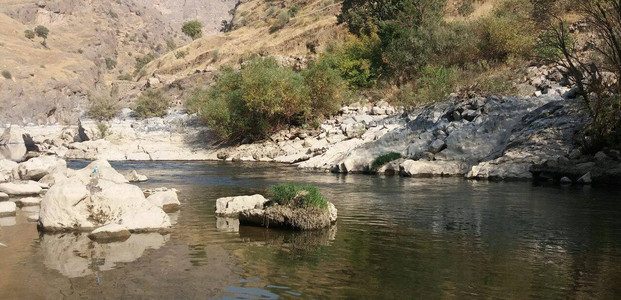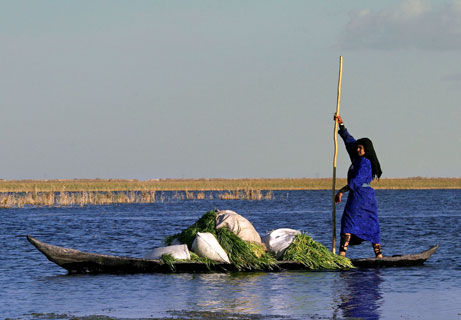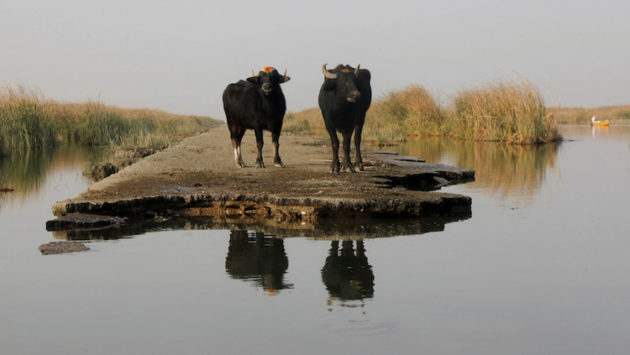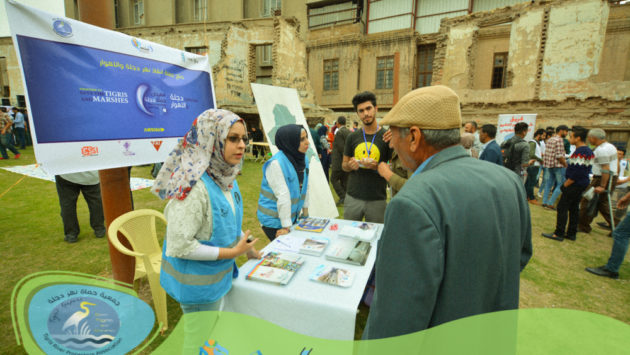Water Wars: Iranian Dam Threatens Iraqi Kurdistan’s Legendary Sirwan River
The river is not just a cultural icon, it also provides water to large parts of Iraqi Kurdistan. But for some years now, a planned dam project being built in neighbouring Iran – the Daryan Dam – has been a threat to the Sirwan River in Iraqi Kurdistan. Various reports indicate that the Iranian dam could cause a water crisis in the Halabja and Sulaymaniyah areas as well as the loss of a significant amount of agricultural land.
The Iranian project has two parts: A dam with a bridge and then a tunnel, that will divert water and be used to generate hydropower.
Now it seems the dam may also impact negatively on Iraqi Kurdistan’s largest drinking water project, completed in June this year. The project, which was funded by the Japan International Cooperation Agency, or JICA, was to provide drinking water and future-proof the area’s water supplies.
The JICA project requires 50,000 cubic meters of water per day and the Sirwan River would have provided this.
“The cost of this project was US$175 million but now it is endangered,” Halabja’s deputy governor, Kawa Ali, told NIQASH. “The funding will be lost and people won’t get drinking water. The Iranians not only built a dam, they have built a tunnel to divert the water. Last month when Iran tested the dam for three days, the water levels fell by four meters at the first village the river runs by. And that was only a test. When they really dam the river, it will dry up.”
Iraqi Kurdish officials say they have held many meetings with their Iranian counterparts to press their case about the dangers of the dam. They say they’ve never gotten a clear answer about the problem.
The spokesperson for the Iraqi Kurdish Ministry of Agriculture, Anwar Omar, says that the minister has had several meetings with the Iranians, including with the country’s vice president.
“Unfortunately, we didn’t get any response from the Iranians on this issue and construction on the dam has not been halted,” Omar told NIQASH.
The only benefit of the river’s drop during the Iranian test of their dam was a fleeting one: Fish in the river floated nearer to the top and local fishermen had a good day. However, any happiness at a fresh catch was tempered with the knowledge that the river of legend may soon slow to a trickle.





